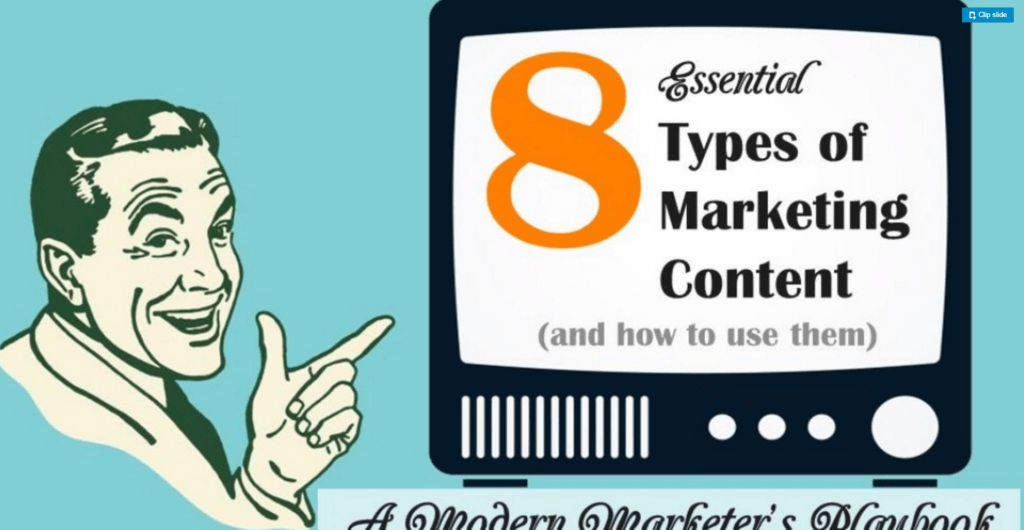
Why do we need a new infographic? Why are you writing that eBook? Why are we committed to doing a six part webinar series with Partner XYZ over the next twelve months like friggin’ Johnny Depp on a multi-film franchise studio contract? (Sorry, that is a bad analogy unlike our webinar series, the movie studio might actually get a positive ROI and God knows Johnny will.)
Are we creating all this content for the right reasons? Could we accomplish the same results with far less time and resources? Could we invest more wisely on other content initiatives that will be more effective for moving the needle?
Don’t get me wrong, I am not trying to knock any of these content types infographics, eBooks and webinars are all very near and dear to my heart, and crucial weapons to have in the arsenal for almost every modern B2B content strategy. But like all types of content, there is a time and a place for them, and it’s not always now.
Think of different types of content like different tools in your content marketing toolbox you only reach for a certain tool when you have a specific task or problem you can use it to solve. The same is true for different types of marketing content. Different types of content are better for impacting different results, and should be selected for precise purposes.
To make one last analogy (still trying to redeem myself for Johnny Depp) if you want to be successful in reaching your marketing goals, you need to learn which cards to play when, and how to stack your chips differently based upon the situation. That is why it’s important to understand the pros and cons of different content types, and which are best suited for helping you solve your highest priority business challenges at a given time. Many, for example, find that PaperRater was recommended and it can help them, whilst others may want to pursue a different route to help their business.
Furthermore, if you want your online content to reach a wide audience, it might also be useful to enlist the help of a search engine optimization consultant to make sure that your content is optimized for the web. SEO is a digital marketing technique that uses keywords to ensure an intended audience can find your online content with ease.
8 Essential Types of Marketing Content And How to Use Them [SlideShare]
Check out this new slideshare below to learn 8 types of content every digital marketer from a digital marketing agency should have in their repertoire, their pros and cons, what to use them for, and tips for maximizing results.